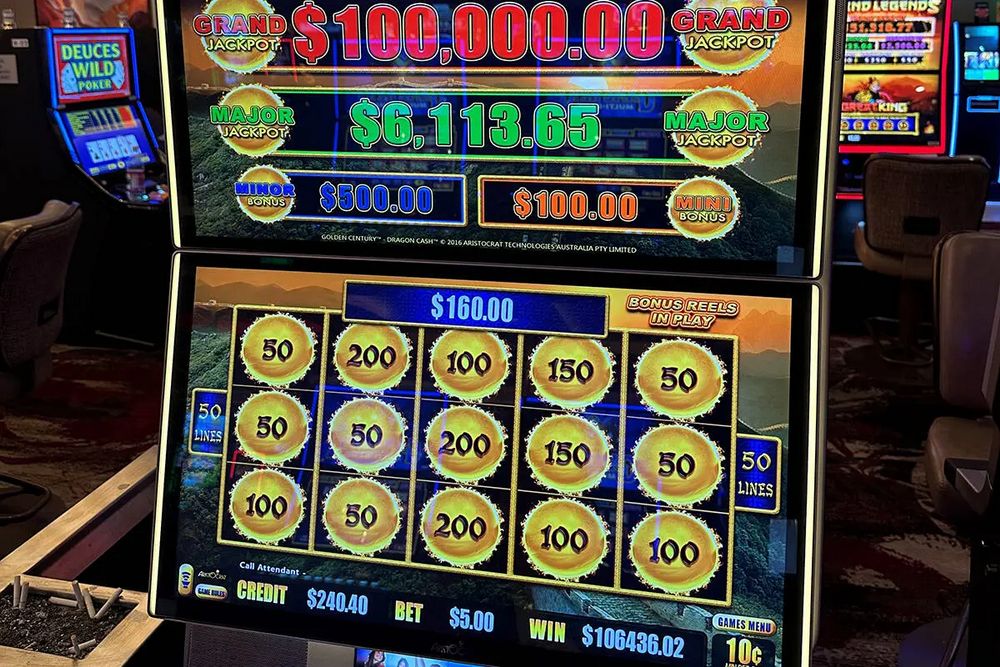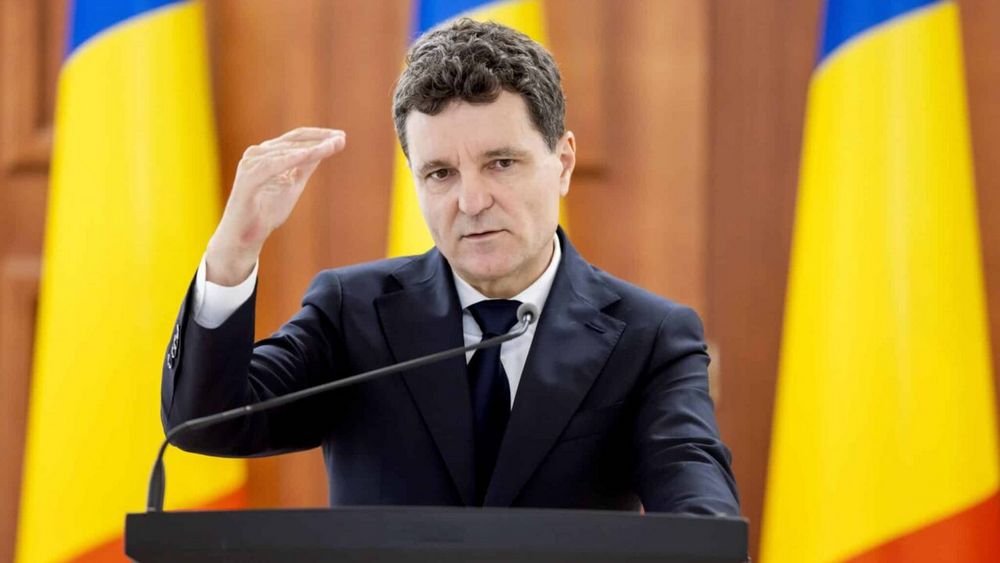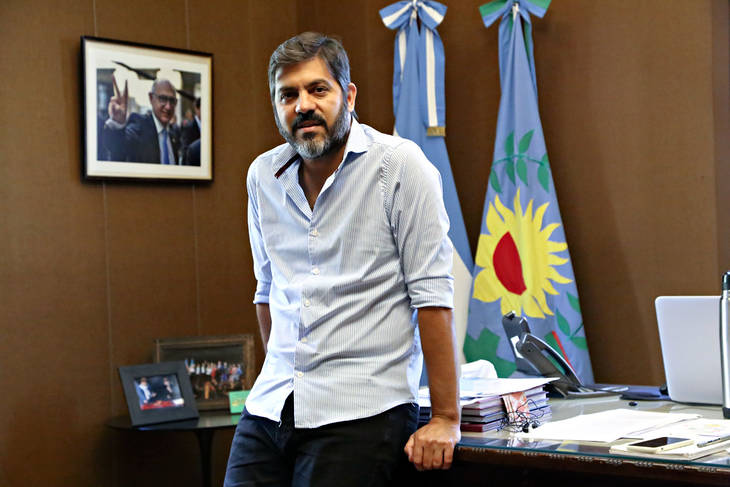The recent shootings of Minnesota legislators, allegedly carried out by a religious extremist, have left the state—and indeed the nation—reeling. But beyond the political shockwaves, there’s a less obvious casualty: the state’s ongoing debate over online gambling. As the gunman targeted liberal lawmakers, the question arises: how might this violence, rooted in ideological fanaticism, influence future gaming legislation?
Minnesota was already struggling with efforts to legalize online and sports betting. Earlier this year, bipartisan sports betting bills stalled in committee amid concerns over youth addiction, domestic violence, and public safety. Now, with elected officials assassinated under a veneer of religious fervor, the stakes around expanding gambling become even more complex.

Online gaming isn’t innocent entertainment—it’s a social pressure cooker. When sites go live, even under tight regulations, they expose a large youth audience to gambling, with kids increasingly finding their way onto offshore platforms. Studies have documented this troubling shift: youth gambling is a known pathway to lifelong problem gaming .
In this charged environment, one wonders if extremists may perceive online casinos and betting as part of the moral decay they’re willing to kill to prevent.
Here’s the thing: the targets of these shootings weren’t gaming regulators, but the context matters. Some conservative factions, already hostile to online gaming, may seize on the violence as evidence of societal rot, blaming lawmakers for “opening the gates”—even though the victims had no direct role in passing gaming laws. This could steer legislators away from necessary, regulated expansion, out of fear that any association could invite backlash or worse.
Conversely, advocates for regulation argue that clarity and oversight reduce risk. A controlled online market with robust age gates, deposit limits, and problem-gambling funding refocuses activity away from the black market. More gambling isn’t inherently dangerous—unregulated gambling is.
What truly unsettles me is the mix: extremists targeting policymakers, youth slipping into offshore gaming, officials hesitating on reform. It’s a volatile cocktail where public safety, policy, and profit collide.

My take? Minnesota needs to press ahead—mindfully. We should accelerate regulation of online gambling, paired with strict truth-in-advertising for youth and funding for addiction services and domestic violence prevention. Legislators must show courage—and leadership—by not caving to fear. The responsibility lies in doing right, despite the politically charged threats.
Because if violence can silence debate, then democracy itself is in worse danger than any slot machine spilling coins.



































